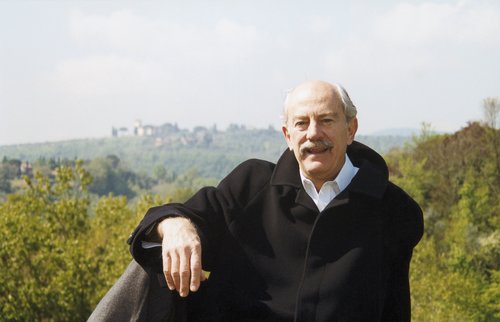Debussy’s Études Turn 100
Apart from the question of technique, these Études will be a useful warning to pianists not to take up the musical profession unless they have remarkable hands…. This was Claude Debussy’s warning to students who dared attempt to play his twelve fiendishly difficult Études for solo piano. The short pieces were even technically daunting for Debussy, who described them as “music that soars to the summit of execution,” and requires you to occasionally catch …

